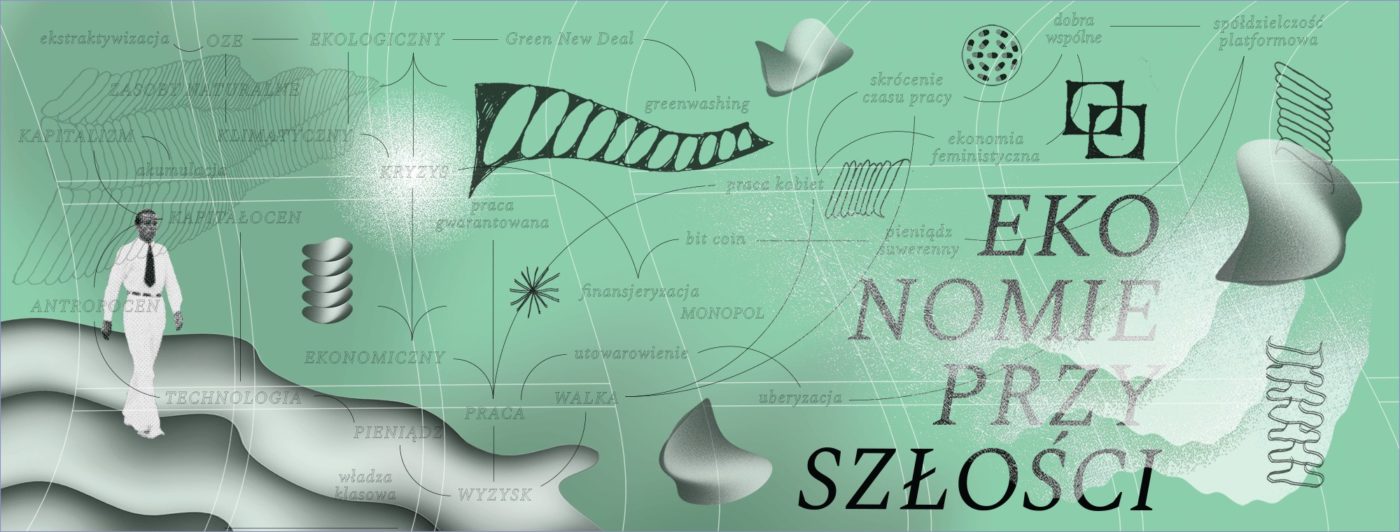When wealth becomes a problem: the price of inequality
Paweł Bukowski (London School of Economics)

We have fought unemployment and poverty for decades. Not many observers noticed in time that in the neoliberal form that usually meant fighting the unemployed and the poverty-stricken. Today, we increasingly often understand that what constitutes the problem is not poverty, but its cause – namely the gigantic concentration of wealth. In the economy where the share of wages in GDP is consistently dropping, and in the face of long-term wage stagnation ,the entire bonus for the economic growth is consumed by the capital, inequalities have become one of the key problems. The situation is exacerbated by the nature of neoliberal capitalism – a system whose expansion for years has not been fed by the increase in efficiency and innovation, but first and foremost it occurs at the expense of meeting the needs of an overwhelming majority.
The reversed redistribution is doing great both at the level of national economies and in the global system. We are living in the accumulation regime where the winner takes all, and as a result democracy, human rights, or civic society yield to a new kind of feudalism. Therefore, we need a historical and structural analysis of inequalities, as well as an economic theory that would place it in the centre of its interest. What is the balance of the expansion of inequality? How to stop this trend? How to understand egalitarianism in the 21st century and what should we do to realize egalitarian society in the conditions of a globalised economic system?
| Data | Czas | Tytuł | Miejsce | Wstęp |
|---|---|---|---|---|
|
May 19 2020
, 18:00
Tuesday
|
18:00 |
When wealth becomes a problem: the price of inequality |
online |


